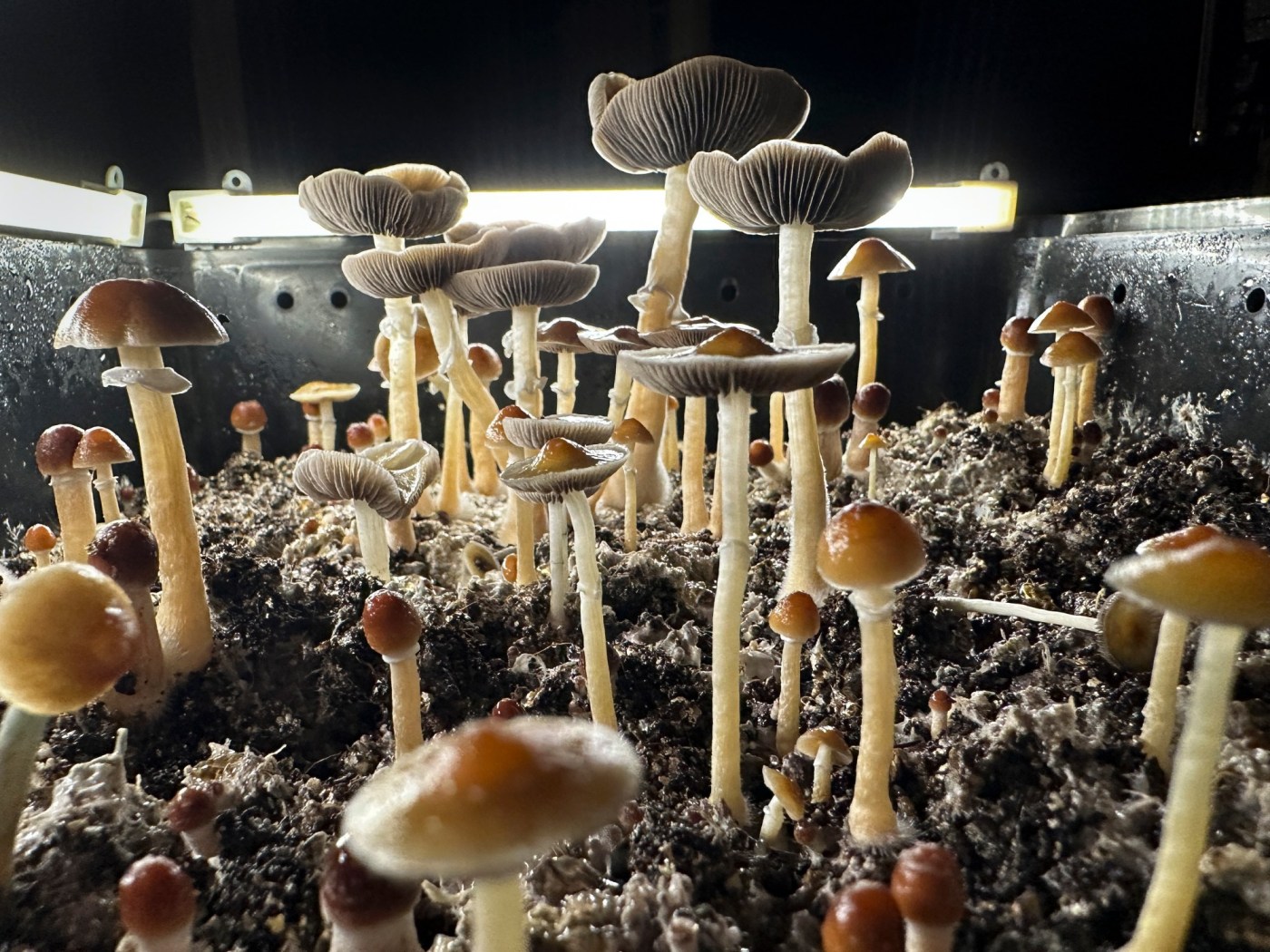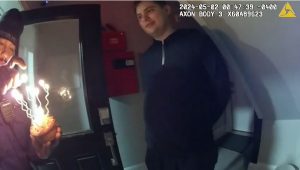
Coalition forming to oppose psychedelics ballot question, argues home-grow is unsafe
A coalition led by a Massachusetts General Hospital doctor is forming to oppose a ballot question that would decriminalize psychedelics for mental health treatments, with leaders of the group arguing a home-grow provision ignores public safety risks.
Dr. Anahita Dua, a vascular surgeon who helps lead the MGH’s Peripheral Artery Disease Center and Limb Evaluation and Preservation Program, filed paperwork with the state’s campaign finance office Wednesday that made the opposition group official.
Chris Keohan, a spokesperson for the campaign, dubbed the Coalition for Safe Communities, said the ballot question backed by Massachusetts for Mental Health Options allows for a 12-by-12-foot home grow area for psychedelics.
“We are not opposed … advocating against the medicinal properties of this, but this goes way too far way too quickly, and doesn’t address any of the real concerns that public safety advocates have as well as mental health professionals,” Keohan told the Herald Thursday.
Related Articles
Hearings on pot boss Shannon O’Brien’s suspension kicks off with little flare
Healey’s hiring cooldown off to bad start: $14.2M added to Massachusetts public payroll
Mass. emergency shelter residents limited to nine months in system after Healey signs bill
Migrants helping fill ‘well-documented worker shortage’ in Massachusetts, Healey says
Outer Cape Cod House race draws two Democrats from Orleans
Jennifer Manley, a spokesperson for Massachusetts for Mental Health Options, said it is “reckless and irresponsible” to brush aside medical research institutions studying and working with psychedelics.
“Now isn’t the time to limit mental health options in Massachusetts. We owe it to people that are suffering from PTSD, anxiety, depression, and other treatment-resistant issues to give them another option that may really help them,” Manley said in a statement.
Keohan said the Coalition for Safe Communities has also been in conversations with another group Bay Staters for Natural Medicine, which opposes the creation of an “unelected control commission prone to regulatory capture by interests outside our communities.”
The ballot question proposes a five-person Natural Psychedelic Substances Commission where members are appointed by the governor, attorney general, and treasurer. The group would be charged with administering “the law governing the use and distribution of these psychedelics,” according to a summary prepared.
The Coalition for Safe Communities includes two D.C. area organizations — the Foundation for Drug Policy Solutions and Smart Approaches to Marijuana — and is working to bring more into the fold. Keohan did not say if the group had initial funding but said they were “doing some initial polling.”
A formal launch is expected within the next few weeks.
Supporters of the psychedelics question argue decriminalizing the drug would help tackle a mental health crisis by allowing adults 21 and older to seek out regulated psychedelics in licensed therapeutics centers.
But Keohan said the 12-by-12 foot home growing area is “definitely not safe.”
“It’s just begging for a black market to emerge,” he said. “An individual couldn’t possibly ingest that amount of psilocybin with that square footage so it will absolutely lead to a black market.”


